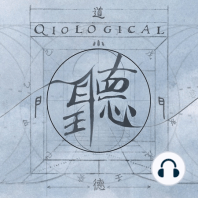63 min listen

284 Case Studies and Storytelling a Lens into Medicine and Meaning • Sarah Rivkin
284 Case Studies and Storytelling a Lens into Medicine and Meaning • Sarah Rivkin
ratings:
Length:
56 minutes
Released:
Dec 27, 2022
Format:
Podcast episode
Description
So much of our medicine is conveyed in stories—the ones we live, the ones we tell, and the ones we hear. Storytelling is an innate human impulse. It provides context and meaning, allowing us to share complex ideas and navigate our experience. Stories—of both success and failure—enrich our lives and convey the values, history, and culture that connect us.No matter how automated, evidence-based, standardized, or computerized medical systems become, the clinical encounter boils down to a story between a patient and the practitioner. Medicine is not just about reciting a chronology of data points. A practitioner’s role is to recognize and pull meaning from a patient’s story of illness in such a way that can guide us in being helpful.In this conversation with Sarah Rivkin, we talk about the place of East Asian medicine in a world that leans more towards a standardized approach to medicine. We noodle on the similarities between case studies and novels, and what Sarah’s research could tell us about navigating a Western world without losing sight of what makes Chinese medicine a treasure.Listen into this discussion on narrative medicine and how to use case studies as a powerful storytelling tool.
Released:
Dec 27, 2022
Format:
Podcast episode
Titles in the series (100)
020 Right There In Plain Sight_ Chinese Facial Reading • Lillian Bridges by Qiological Podcast